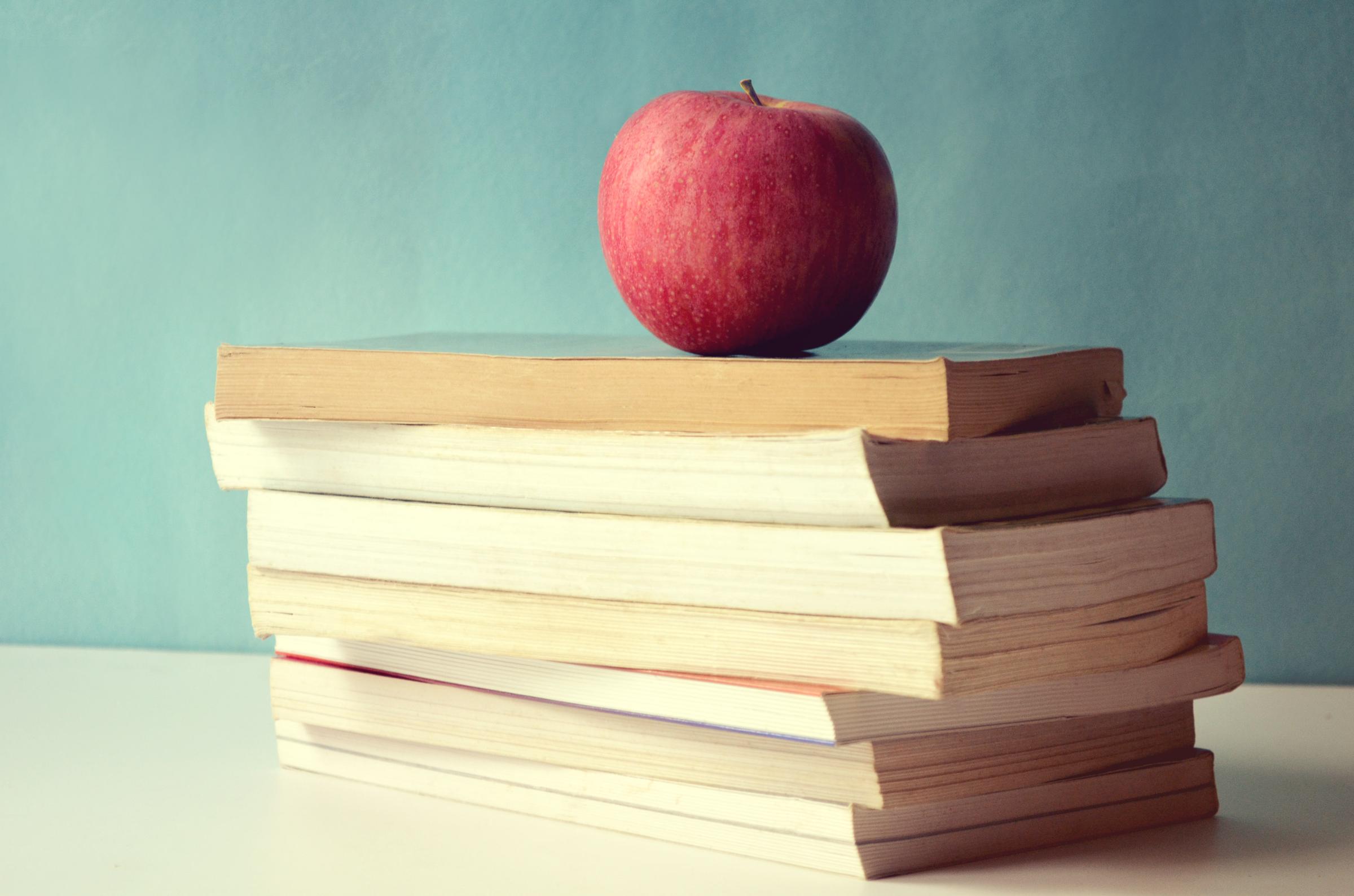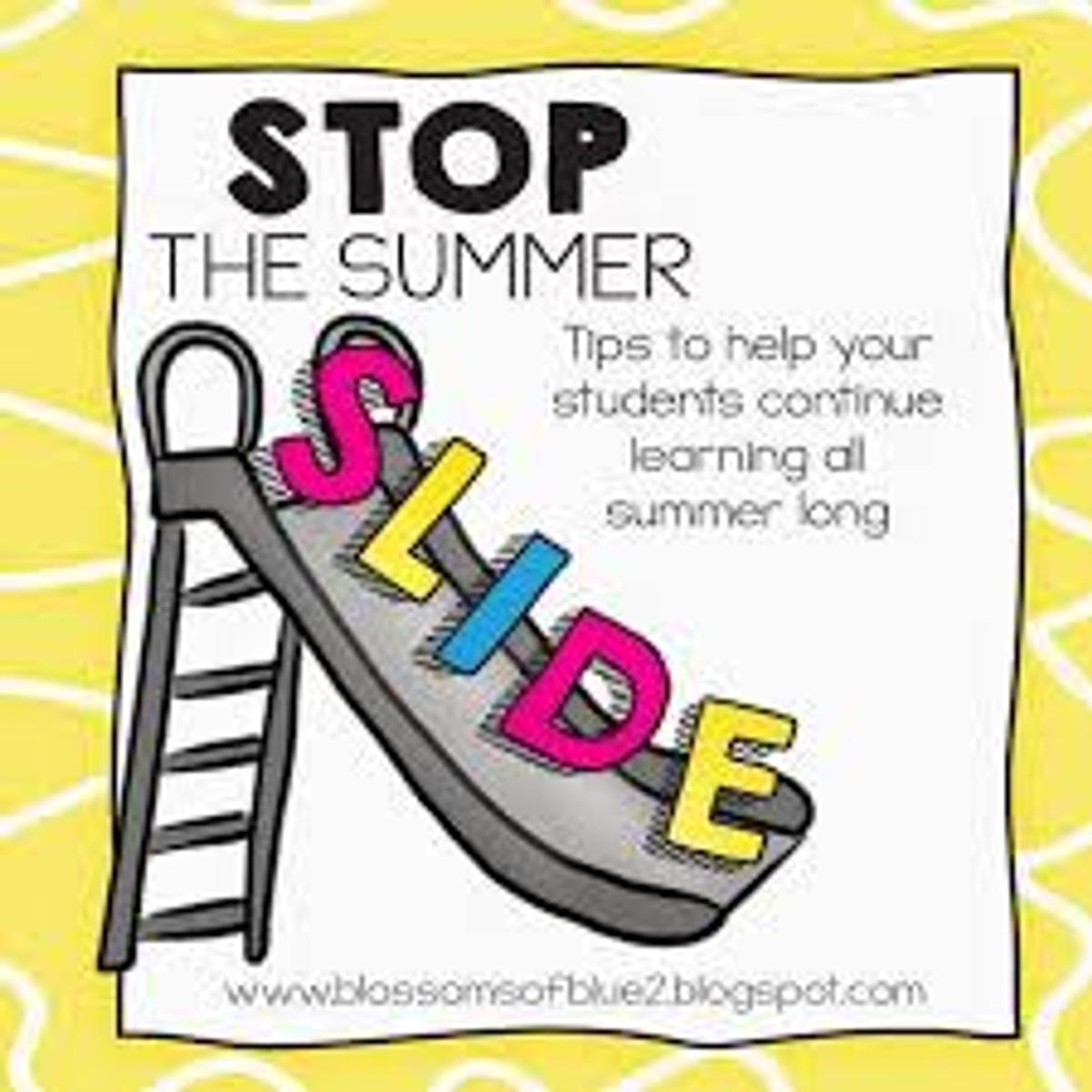Teaching & Learning

Why is summer reading important to student success?
Summer reading is critical for students to retain knowledge and skills
learned in the previous school year. Students who don't read are at risk
of falling behind their classmates. Parents can avoid this by making sure kids take time to read. One study suggests that during the summer following third grade, students lose nearly 20% of their school year gains in reading and 27% of their school year gains in math (Kuhfeld, 2018).
Look for reading materials that relate to interests that a child enjoys, such as baseball, swimming, animals, or nature. Families may need to be assured that useful reading materials come in many forms. In addition to books, children's magazines may link to a child's interest or hobby.
Make books and other reading materials available during transition times. Children can read on the way to a destination, at the park, at the beach, or while waiting for an appointment. A local library can, of course, help to suggest reading materials. Make regular visits to the library and allow children to explore different reading materials.
Here is the link to register your child to track their reading and earn incentives from the Spokane County Library District:
https://scld.beanstack.org/reader365
The Summer Slide:
Summer Learning Loss Facts and Prevention Tips
by Staci Jackson, M.A., CCC-SLP
The last day of school is a time of great excitement when children trade their textbooks, tests, and projects for lazy summer days. It is often a relief for both parents and children to “put school away” for the summer. Unfortunately, many children who don’t engage in learning activities into the summer find they have forgotten things or fall behind their peers once the new school year begins. Summer learning loss or “the summer slide” is the phenomenon that occurs when children forget academic material after taking long breaks from school. Research regarding summer learning loss suggests that:
- On average, students lose about two months of grade level equivalency in math and reading.
- Teachers spend the first four to six weeks of the new school year re-teaching material from the previous year.
- Summer learning loss has a greater impact on low-income students, contributing substantially to the achievement gap in reading between them and their higher-income peers.
- Summer learning loss is cumulative; over time it can create a gap of two and up to five years by the time students reach high school.
So, what can you do to prevent the “summer slide”? Parents don’t need to spend lots of money buying specialized programs. Instead, consider these simple ideas to keep your child engaged in learning activities during the summer months.
- Encourage your child to read 20 minutes every day. Public libraries are great resources for summer reading lists by age/grade level, and they often offer reading programs.
- Read to your child to build listening skills, engage the imagination, and increase vocabulary.
- Unplug from technology and give your child time to read and escape the heat of the day.
- Keep books in the car for your child. Listen to audiobooks on long trips.
- Encourage math skills by creating number books of things you collect or do during the summer.
- Practice estimation skills by guessing how far and how long a road trip will be. Have children compute arrival times and miles covered.
- Provide math workbooks with activities to complete on road trips or during quiet times.
- Cook with your child. Have your child follow simple recipes to learn fractions and practice measurement skills.
- Encourage your child to practice writing skills by writing letters to relatives, sending postcards from camp, keeping a summer journal, writing a book, or authoring an online blog.


